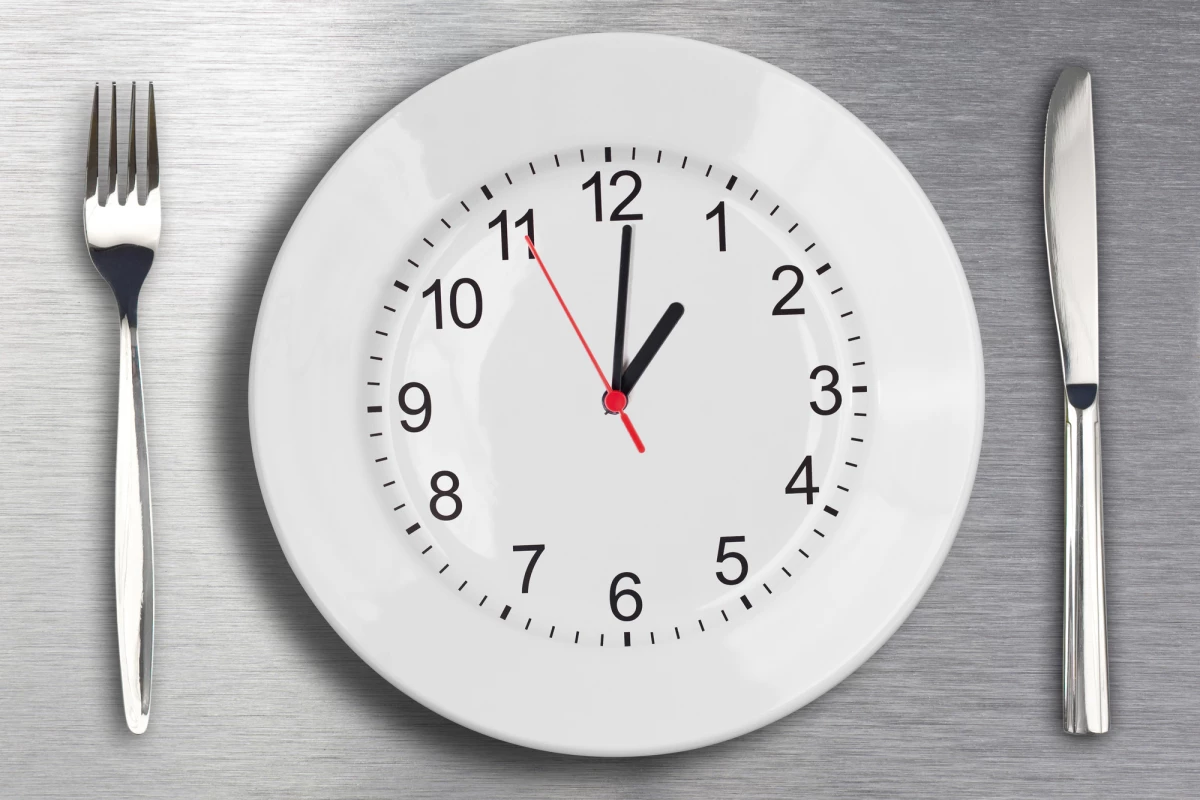Preliminary results from a trial investigating whether time-restricted eating influences weight loss suggest limiting your caloric intake may be more important than what time you eat. The research, not yet published or peer-reviewed, will be presented at the upcoming American Heart Association’s virtual Scientific Sessions meeting.
Time-restricted eating (TRE) is a popular dietary trend where one limits their caloric intake to a short window of time across a given 24-hour period. Generally, TRE methods allow for eating windows anywhere from four to eight hours a day.
Over the last few years researchers have started rigorously testing some of these TRE strategies to find out whether they can actually help a person lose weight or improve their metabolic health. So far the results have been relatively discordant, with a variety of different trial protocols delivering vastly different findings.
Just this year, for example, one University of Illinois at Chicago trial found both four-hour and six-hour TRE strategies can effectively enhance weight loss, while a UC San Francisco trial testing eight-hour eating windows concluded TRE is not useful for losing weight.
One limitation seen in both of those prior trials faced was a lack of any dietary recommendation in the trial protocol. This meant the participants could eat as much they wanted, as long as it was within the suggested time window being trialed.
The University of Illinois at Chicago trial found both of its TRE cohorts lost weight compared to a control group, but they also seemed to naturally reduce their overall food intake by around 550 calories. This raises the question of whether the weight loss was simply due to a reduced caloric intake.
“We have wondered for a long time if when one eats during the day affects the way the body uses and stores energy,” says study author on the new trial Nisa Maruthur, from Johns Hopkins University. “Most prior studies have not controlled the number of calories, so it wasn’t clear if people who ate earlier just ate fewer calories. In this study, the only thing we changed was the time of day of eating.”
This new study set out to investigate one specific question – does TRE enhance weight loss when compared to someone eating exactly the same number of calories across the whole day?
The researchers recruited 41 overweight adults with diabetes or prediabetes, and all were provided the same healthy pre-prepared meals. Half the cohort were directed to eat 80 percent of their daily caloric allowance before 1 pm, while the other half were allowed a broad 12-hour window to eat across the entire day.
The results surprised Maruthur and her team, with both groups in the trial losing similar amounts of weight and showing similar metabolic outcomes.
“We thought that the time-restricted group would lose more weight,” says Maruthur. “Yet that didn’t happen. We did not see any difference in weight loss for those who ate most of their calories earlier versus later in the day. We did not see any effects on blood pressure either.”
The research is yet to be peer-reviewed or published in a scientific journal, so some of the specific trial details are still unclear, such as whether the TRE group presented with any metabolic improvements after the 12-week experiment. It is also important to note that both groups in the trial were given healthy pre-prepared meals, unlike other TRE trials where participants were simply directed to continue with their regular eating.
One thing that this study does seem to suggest, however, is that the weight loss improvements seen in some TRE trials could be primarily a result of lowered caloric intake. One trial last year testing the benefits of a 10-hour daily eating window suggested the simple-to-follow nature of TRE seems to organically lead to individuals eating less. So TRE may be a useful dietary strategy but only through helping one eat less food, and not necessarily because restricting eating to a specific time of day is better.
The new research will be presented at the American Heart Association’s upcoming virtual 2020 Scientific Sessions meeting between November 13 and November 17.
Source: American Heart Association




